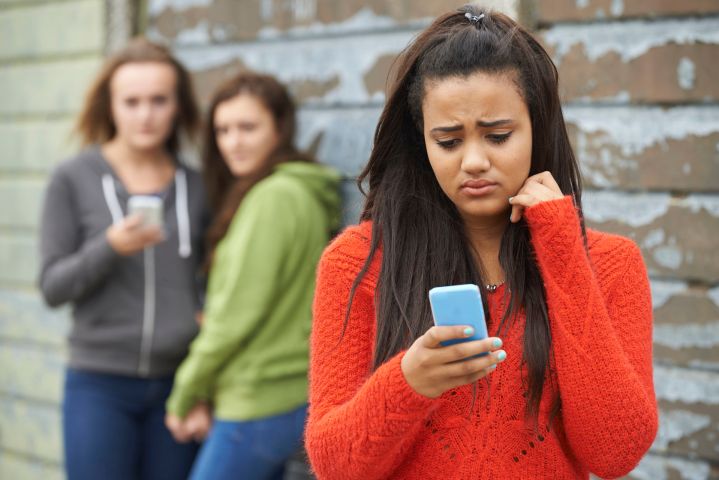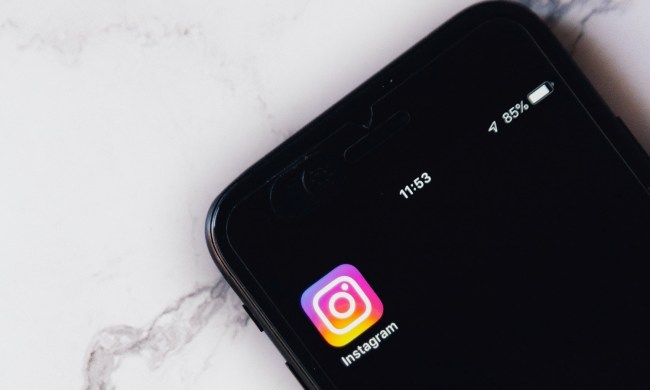
According to the survey, more youths experienced cyberbullying on Instagram than any other platform at 42 percent, with Facebook following close behind at 37 percent. Snapchat ranked third at 31 percent. While the survey participants use YouTube more than any other platform, the video-focused social media was only responsible for 10 percent of the reported cyber bullying.
Seventy-one percent of the survey participants said that social media platforms do not do enough to prevent cyberbullying.
The survey also considered the other side of the story, asking the same age group how often they were the bullies, instead of being on the receiving end. Nearly 70 percent of those surveyed said they were abusive online toward another user, compared to just 12 percent that admitted to bullying in general. Despite the prevalence of youth initiating the bullying, more than 60 percent disagreed with the idea that “saying something nasty” is less hurtful online than in person.
“Cyberbullying continues to be one of the biggest challenges facing young people online,” Ditch the Label CEO Liam Hackett wrote about the cyberbullying statistics. “This research uncovers the true extent and impact of online abuse, finding that the majority of young people have at some point done something that could be considered as abusive online behavior.”
While 24 percent of the participants that were bullied stopped using a social media account because of their experience, 75 percent of the participants overall say they check their social media accounts several times a day. More than 60 percent said they could not go a whole day without checking social media.
The impact of social media on the younger generations also goes beyond just obvious cyberbullying, the study suggests. About 40 percent of respondents said it is always OK to edit a selfie before sharing it. Twelve percent said they would feel bad if no one liked that selfie. Twenty percent admitted their life looks more exciting based on their social media profiles than their real life.



